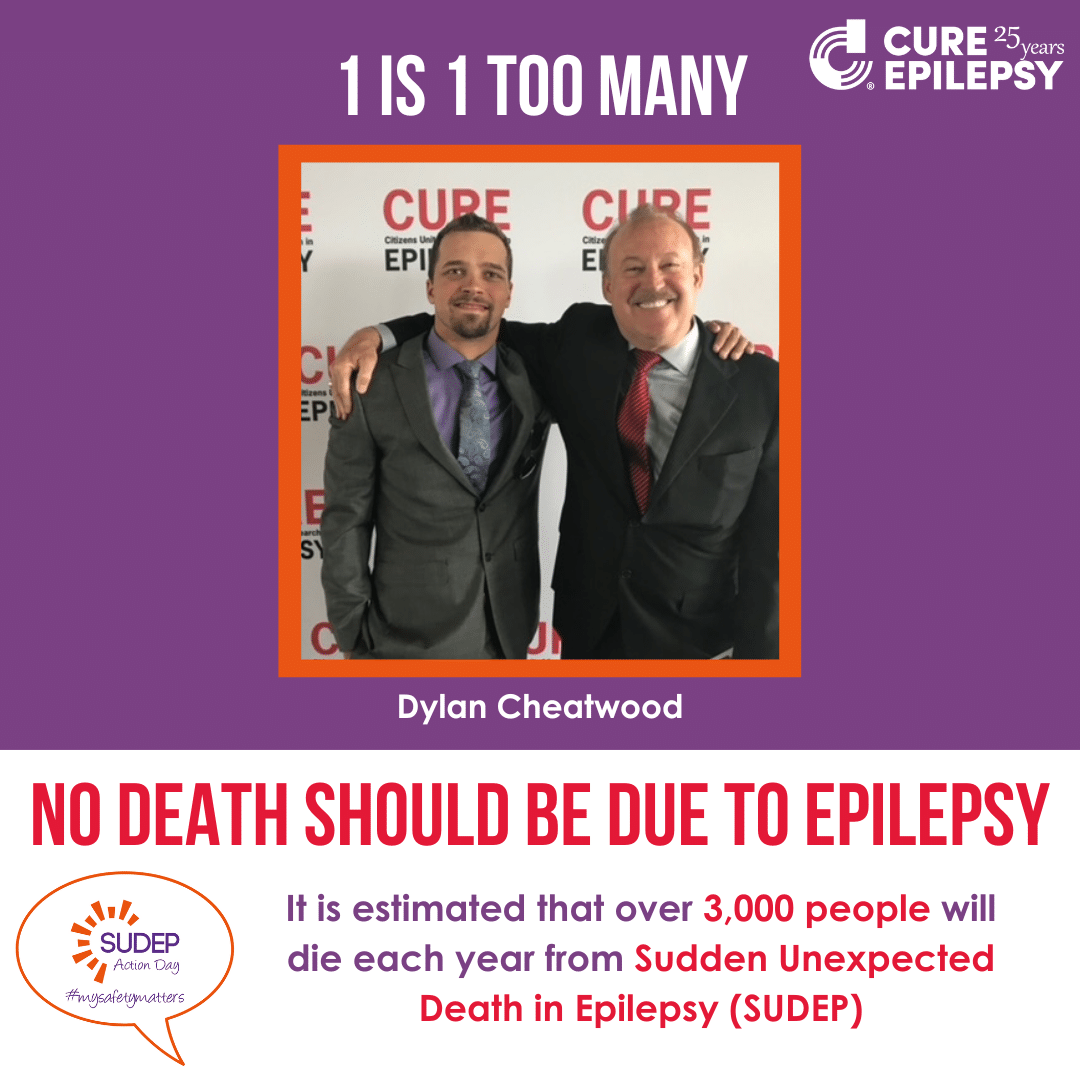Why Do Some People Stop Breathing After Seizures?
September 16, 2019
Could a chemical produced by the brain that regulates mood, sleep and breathing also be protective in people with epilepsy? New research has found that higher levels of serotonin in the blood after a seizure are linked to a lower incidence of seizure-related breathing problems called apneas, when a person temporarily stops breathing. The study is published in the September 4, 2019, online issue of Neurology®, the medical journal of the American Academy of Neurology.
“Serotonin, a hormone that transmits signals between nerve cells in the brain, is known to regulate breathing and waking from sleep, but what is unknown is how it may influence breathing before, during and after seizures,” said study author Samden D. Lhatoo, MD, FRCP, of McGovern Medical School at University of Texas Health Science Center in Houston, Texas, who conducted the research at Case Western Reserve University in Cleveland, Ohio. “Our findings show that higher levels of serotonin after a seizure are associated with less breathing dysfunction, and while we cannot make any links between serotonin levels and a risk of sudden unexplained death in epilepsy (SUDEP), our research may provide some important clues, since SUDEP has been linked in previous research to profound breathing dysfunction after generalized convulsive seizures.”
Researchers found that serotonin levels after a seizure were higher than before a seizure in people who did not temporarily stop breathing during a seizure. For 32 people who did not temporarily stop breathing during a seizure, serotonin levels were an average of 140 nanograms per milliliter (ng/ml) higher than an average of 110 ng/ml before seizure. For 17 people who did temporarily stop breathing, their serotonin levels were not significantly higher compared to before seizure.
“Our results give new insight into a possible link between serotonin levels and breathing during and after seizure,” said Lhatoo. “This may give hope that perhaps someday new therapies could be developed that may help prevent SUDEP. However, our study was small and much more research is needed to confirm our findings in larger groups before any treatment decisions can be made. It is also important to note that excess serotonin can be harmful, so we strongly recommend against anyone trying to find ways to increase their serotonin levels in response to our study findings.”
In addition to the small study size, a limitation of the study was that the timing of blood draws was not consistent.






